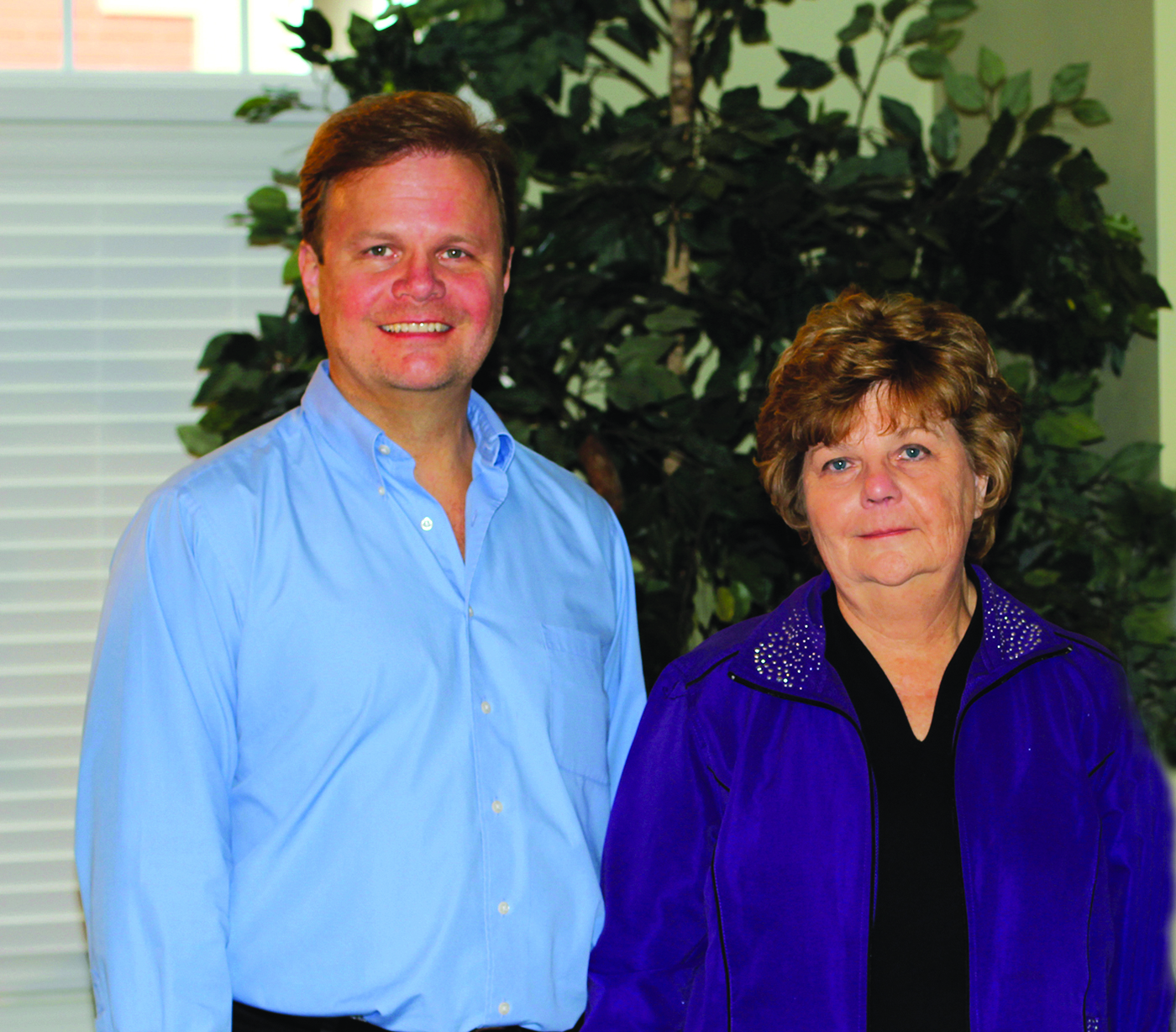If your family is concerned about an aging relative who is frequently forgetful or increasingly appears confused, you may want to accompany him or her on a visit to their primary care doctor to determine whether it may be the onset of dementia or Alzheimer's. The subject needs to be approached delicately because the suggestion that someone isn't as mentally sharp as they used to be may provoke a defensive response as they either fail to recognize their symptoms or react with denial.
Kenny Higdon, owner of 5 Star Home Care, suggested a couple of ways the process of getting Alzheimer's diagnosed and treated can happen without unpleasant confrontations. His locally owned and operated company has helped many clients evaluate their home care needs and suggests services that help relieve the strain for families during difficult times.
"The visit to the doctor may go more smoothly if your mother or father are told that they are probably correct that there's nothing wrong, but they should get a check-up just to be sure," Higdon said. This frames the conversation in terms of preventative health care rather than sounding accusatory, which will naturally provoke a defensive posture.
The primary care doctor may refer a neurologist after examining the senior if he or she detects symptoms such as confusion, irritability, aggression, mood swings, trouble with language, and long-term memory loss.
"These symptoms can start out mild and worsen over time," Higdon said. "A neurologist examining the results of an MRI can make a professional diagnosis that isn't easy to hear but starts the senior on a path to getting the care and treatment they need."
Learning one has Alzheimer's can be scary, but family can soften the blow of the tragic news with assurances that the senior won't be forced to move out of their home.
"Their home is the one familiar thing they're always around, the symbol of what they've worked hard their whole life to attain. Remaining in their house or apartment and not having to downsize their possessions to move into assisted living or a nursing home reinforces the idea that even though tough times are ahead, change won't come all at once. Gradual change is preferable to being uprooted and sent toward an uncertain fate," Higdon said.
But how are family members to adapt to fill the needs of the affected senior without such a transition? Someone will have to step in and perform tasks such as assisting the senior with bathing, dressing, doing laundry, performing light housekeeping, meal planning and preparation, medication reminders, and providing transportation.
After visiting the neurologist to confirm the diagnosis, the next step should be to consult caregivers at an in-home care agency, such as locally-owned 5 Star Home Care.
"An informal meeting in the client's home gives family members and the person facing the onset of Alzheimer's the opportunity to ask questions and get acquainted. Our healthcare consultant can then evaluate the situation and recommend services. Just knowing that you have a resource for advice who has dealt with these challenges before can help restore your peace of mind," Higdon said.
To ease the transition, Higdon suggested making the senior aware that 5 Star's carefully screened caregivers are available to help and offer patient, compassionate companionship.
"It's important to put yourself in their shoes and imagine how terrifying dementia is to accept. But it is absolutely critical they avoid some very bad and very sad outcomes that can result from putting oneself in dangerous situations like driving while confused," Higdon said.
The senior may feel guilt if a family caregiver's career is disrupted or they're forced to relocate. No one wants to feel like they've become a burden.

